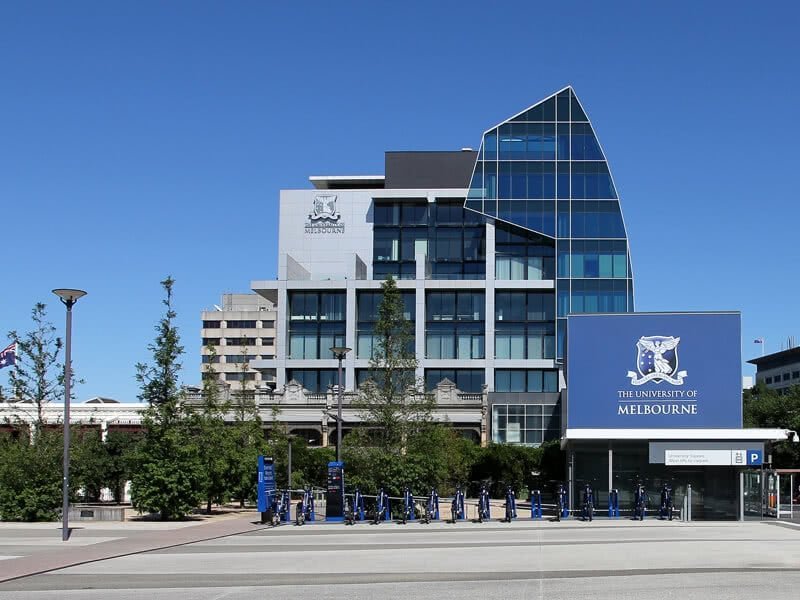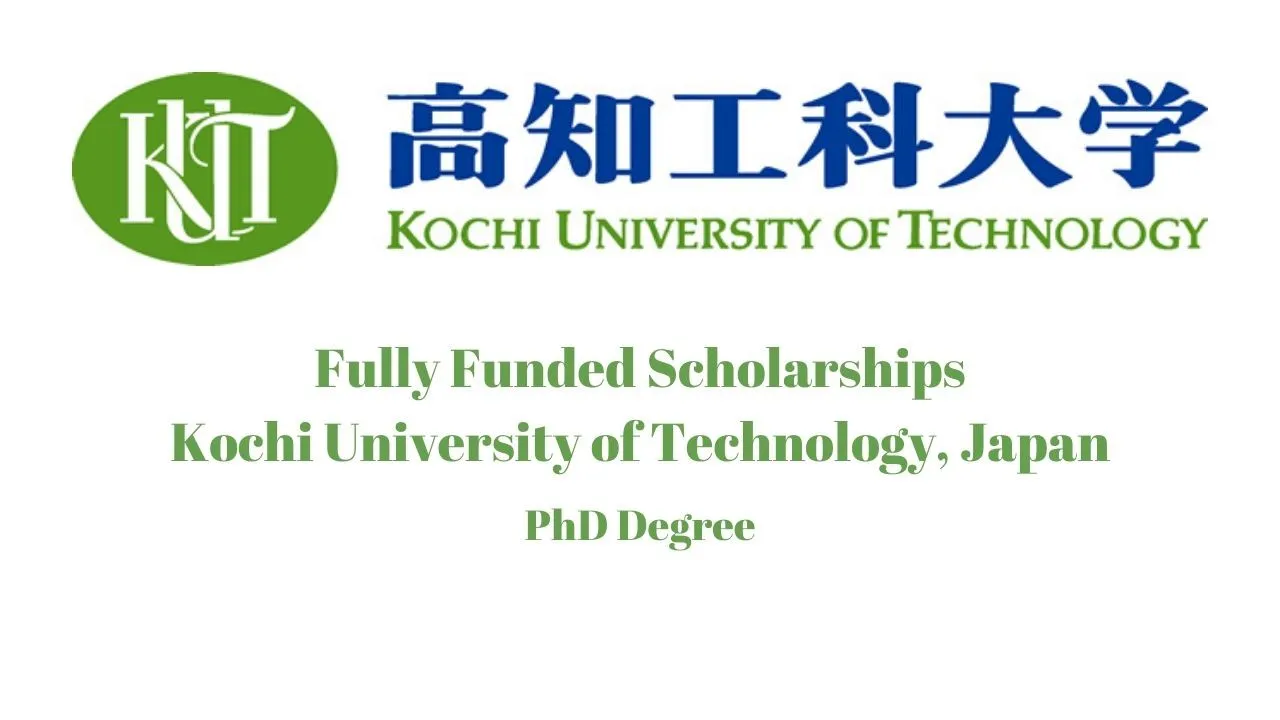Dreaming of Studying in the UK—for Free?
If you’re hunting for a way to pursue your research dreams without the heavy financial burden, the Swansea University International Postgraduate Research Excellence Scholarships 2025 (Fully Funded) is your golden ticket.
This isn’t just another scholarship—it’s a life-changing and career-boosting opportunity for bright international minds to study at one of the UK’s top research universities, 100% tuition-free.
Whether you’re aiming for a PhD or MPhil, this scholarship gives you everything you need to focus on your research—from tuition and living expenses to research support and mentorship.
About the SUIPRES Scholarship
The Swansea University International Postgraduate Research Excellence Scholarship is a competitive award designed to attract high-achieving international students. This scholarship is open to overseas applicants for eligible PhD and Professional Doctorate programmes and is granted based on academic excellence and exceptional achievements beyond standard qualifications.
Degree Level
-
PhD & Professional Doctorate
Available Subjects
Available for all subjects.
What Makes This Scholarship So Special?
The Swansea University International Postgraduate Research Excellence Scholarships 2025 (Fully Funded) is designed to attract the best global talent—and fund their education in full. Here’s what you get:
✅ Full tuition coverage
✅ Monthly stipend for living costs
✅ Research funding for travel, conferences, and materials
✅ Access to world-class academic resources
✅ Dedicated supervisor and research community support
✅ Duration: Up to 3–4 years (full PhD or equivalent MPhil duration)
This scholarship isn’t just about the money—it’s a transformational launchpad for your academic and professional journey.
Are You Eligible? Let’s Find Out
To be eligible for the Swansea University International Postgraduate Research Excellence Scholarships 2025 (Fully Funded), you must:
- Be an international student (classified as overseas for fee purposes)
- Hold a First-Class or Upper Second-Class Honours degree (or equivalent)
- Ideally have a relevant Master’s degree (especially for PhD applications)
- Submit a well-structured research proposal
- Obtain support from a Swansea University academic supervisor
- Demonstrate English language proficiency (IELTS 6.5+ or equivalent)
- Meet the application deadline (check the official Swansea website for details)
How to Apply – Step-by-Step Guide
Here’s a simplified guide to successfully applying for the Swansea University International Postgraduate Research Excellence Scholarships 2025 (Fully Funded).
Step 1: Choose Your Research Area and Supervisor
Visit Swansea’s research directory to find departments and potential supervisors. Email your preferred supervisor with a short introduction, CV, and proposed research idea.
Step 2: Write a Strong Research Proposal
Your proposal is your golden ticket. Keep it focused, original, and relevant to your chosen field and supervisor’s expertise.
Step 3: Prepare Your Documents
You’ll need:
- Academic transcripts & certificates
- A well-written CV
- Two academic references
- English language test results
- A strong personal statement
- Research proposal
Step 4: Submit the Online Application
Apply via the Swansea University Application Portal, selecting the relevant postgraduate programme AND ticking the box for the International Postgraduate Research Excellence Scholarship.
Step 5: Follow Up
After submitting, follow up with your supervisor or admissions contact to confirm your application is complete.
Pro Tips to Make Your Application Stand Out
🎯 Tailor your research proposal to your chosen supervisor’s field
🎯 Quantify the real-world impact of your project
🎯 Use a professional yet engaging writing tone
🎯 Format your CV to highlight academic strengths and research achievements
🎯 Get strong, detailed academic references
🎯 Proofread everything (twice!)
Common Mistakes to Avoid When Applying
Applying for a fully funded postgraduate research scholarship is a competitive process. One slip-up can cost you the opportunity. Below are the most common mistakes applicants make—and how you can avoid them.
1. Submitting a Generic Research Proposal
The mistake:
Sending the same proposal to every university without aligning it to the faculty’s expertise or Swansea’s research priorities.
Why it’s bad:
It shows a lack of effort and doesn’t convince the selection committee that you’re a good fit.
How to avoid it:
📌 Tailor your proposal to fit Swansea’s strengths and your potential supervisor’s interests. Reference current projects, faculty research themes, or departmental goals.
2. Ignoring the Supervisor Match
The mistake:
Applying without contacting a potential supervisor or not checking if someone in the department aligns with your topic.
Why it’s bad:
Applications without supervisor backing are far less likely to be shortlisted.
How to avoid it:
📌 Browse Swansea’s staff directory, find researchers whose work aligns with yours, and email them early with a clear, concise message + your CV and draft proposal.
3. Missing the Application Deadline
The mistake:
Waiting too long and scrambling to apply last-minute—or worse, missing the deadline entirely.
Why it’s bad:
Late applications are usually disqualified automatically.
How to avoid it:
📌 Start at least 3-6 months in advance. Set reminders and submit your application at least a week before the deadline, not on the day itself.
4. Weak or Generic Academic References
The mistake:
Choosing referees who don’t know you well or submitting outdated “to whom it may concern” letters.
Why it’s bad:
Generic or irrelevant references don’t help build your case.
How to avoid it:
📌 Choose academic referees who can speak specifically about your research abilities, motivation, and academic record. Ask them well in advance and provide them with your CV and proposal for context.
5. Not Meeting English Language Requirements
The mistake:
Assuming your prior education exempts you, or not submitting valid test scores like IELTS or TOEFL.
Why it’s bad:
Failing to meet language proficiency requirements disqualifies your application automatically.
How to avoid it:
📌 Check the exact language requirements on the Swansea University website and submit a valid, up-to-date certificate if required.
6. Poorly Written or Unstructured Proposal
The mistake:
Submitting a proposal that lacks focus, is too long, or is full of grammatical errors.
Why it’s bad:
If your proposal is unclear, unfocused, or full of mistakes, it won’t make the shortlist.
How to avoid it:
📌 Write in clear, simple language, follow a logical structure (introduction, objectives, methodology, significance), and proofread multiple times. Ask an academic or mentor to review it.
7. Overlooking Application Instructions
The mistake:
Ignoring or skimming through the application guidelines.
Why it’s bad:
You might miss key requirements like document format, file size limits, or naming conventions.
How to avoid it:
📌 Read all instructions carefully. If anything is unclear, email the admissions office or your potential supervisor for clarification.
8. Submitting Incomplete Applications
The mistake:
Forgetting to upload key documents or submitting placeholders instead of actual content.
Why it’s bad:
Incomplete applications are often automatically rejected.
How to avoid it:
📌 Use a checklist before submitting. Confirm all documents are included, correctly labeled, and in the right format.
Bonus Tip: Not Showing Passion
Even if your grades are good and your proposal is solid, a lack of genuine interest or unclear motivation can hurt your chances.
📌 Let your passion for your subject shine through in your personal statement, proposal, and communication with Swansea’s staff.
Summary: Quick Checklist to Avoid Mistakes
| Mistake | Fix |
|---|---|
| Generic Proposal | Tailor it to Swansea & the supervisor |
| No Supervisor Contact | Reach out early and confirm alignment |
| Late Submission | Apply early and set calendar reminders |
| Weak References | Pick strong, supportive academic referees |
| Language Gaps | Meet IELTS or TOEFL requirements |
| Poor Proposal Structure | Write clearly and seek feedback |
| Ignored Instructions | Follow every guideline carefully |
| Incomplete Docs | Triple-check before submitting |
Why Choose Swansea University?
Global Research Impact
Swansea is ranked among the UK’s top research-intensive universities and is a member of the prestigious Research Excellence Framework (REF).
Location & Lifestyle
Located on the stunning Welsh coastline, Swansea offers a vibrant student life, affordable living, and easy access to nature and major UK cities.
Advanced Research Facilities
From state-of-the-art labs to interdisciplinary research centres, Swansea gives you the tools to bring your project to life.
High Graduate Employability
Graduates of Swansea’s research programmes go on to successful careers in academia, government, and industry worldwide.
Application Procedure
Scholarship Deadlines
The SUIPRES Scholarship has different deadlines depending on your enrolment date:
-
January 2026 enrolment – Apply by 15 October 2025
-
April 2026 enrolment – Apply by 15 January 2026
-
July 2026 enrolment – Apply by 15 April 2026
(Note: October 2025 intake is now closed.)
FAQs
1. What expenses are covered by the scholarship?
The scholarship covers full tuition, living stipend, and research support—no hidden costs!
2. Can I apply for more than one scholarship at Swansea?
Yes, but you must indicate clearly which funding scheme is your priority, and avoid duplicate applications.
3. How competitive is this scholarship?
Highly competitive. But a sharp, original proposal + strong academic record = strong chance.
4. Can I choose any research field?
You can apply in most research areas offered by Swansea, as long as there is a suitable supervisor.
5. What’s the English requirement?
Typically IELTS 6.5 overall, with no band below 6.0. Check exact requirements by department.
6. How do I find a supervisor?
Visit Swansea’s research staff directory and email academics in your field with your research idea and CV.
7. Can I work part-time while studying?
Yes, UK student visa regulations allow part-time work up to 20 hours/week during term time.
8. When will I hear back if I’m selected?
Decisions are usually announced within 1–2 months after the application deadline. Shortlisted candidates may be interviewed.
Final Thoughts – Don’t Let This Opportunity Pass You By
The Swansea University International Postgraduate Research Excellence Scholarships 2025 (Fully Funded) is more than financial aid—it’s a platform for global success.
✅ You’ll join a thriving research community
✅ You’ll study in one of the UK’s most affordable and scenic cities
✅ You’ll have everything you need to succeed—tuition-free
So if you’ve got the passion, the brains, and a solid research idea—what are you waiting for?
👉 Start preparing your application today.



